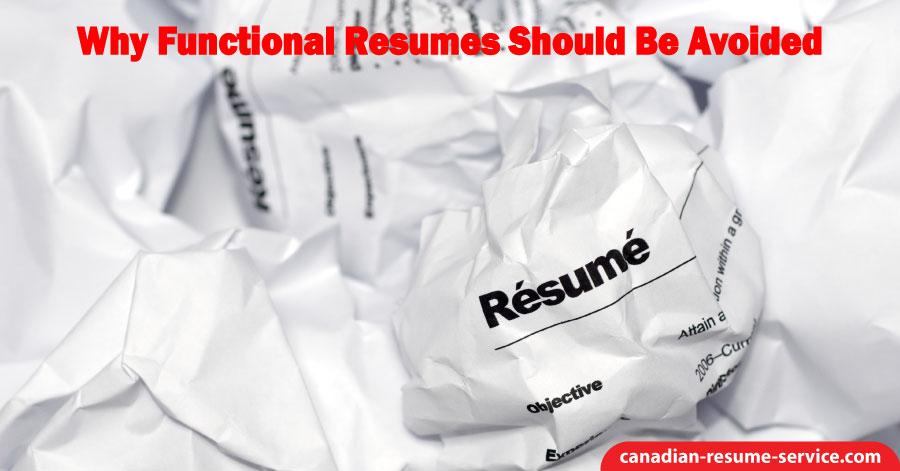When crafting your resume, you’ve likely encountered an abundance of available formats and templates and discovered three primary resume formats: chronological, functional, and combination/hybrid. Each format offers its unique advantages and considerations, influencing the presentation of your qualifications and experiences.
Chronological resumes typically list your work experience in reverse chronological order, starting with your most recent position and working backward. On the other hand, functional resumes emphasize your skills and accomplishments at the top, followed by a concise work history section.
While the functional resume may initially seem appealing, particularly if you have significant employment gaps or wish to downplay certain aspects of your work history, it’s essential to consider the potential drawbacks before proceeding.
One common misconception is that a functional resume can effectively conceal gaps in employment or omit specific details, such as job titles or employment durations, by focusing solely on skills and competencies. However, this strategy can backfire, as recruiters are adept at detecting omissions and may view them as red flags.
Recruiters and hiring managers are typically well-versed in reviewing resumes and can quickly identify functional resumes, which may raise suspicions about the candidate’s motivations or qualifications. Moreover, functional resumes can be confusing and time-consuming for recruiters to decipher, mainly when accustomed to more traditional formats.
Instead of attempting to conceal information, consider using a combination format that provides a comprehensive overview of your skills, accomplishments, and work history. This approach lets you address gaps or career changes transparently while highlighting your strengths and qualifications.
For example, if you took time off to raise children or pursue further education, include a brief explanation in your resume to provide context for the gap in employment. Being forthright about your experiences and choices can demonstrate integrity and authenticity, which can resonate positively with potential employers.
Furthermore, recruiters appreciate clear, concise, and easy-to-navigate resumes. A well-organized resume that follows a familiar format allows recruiters to quickly assess your qualifications and determine your suitability for the role. Highlighting your achievements and experiences in a structured manner increases the likelihood of capturing the recruiter’s attention and securing an interview.
Ultimately, honesty and transparency are paramount when crafting your resume. Rather than attempting to obscure or omit specific details, embrace your unique experiences and accomplishments. By presenting a comprehensive and authentic portrayal of your professional background, you position yourself as a credible and qualified candidate worthy of consideration.
In summary, while functional resumes may seem like a solution for addressing employment gaps or concealing certain aspects of your work history, they can ultimately hinder your job search. Instead, opt for a combination format that allows you to showcase your skills and experiences while providing transparency and context for any career transitions or deviations. Honesty is the best policy for crafting a compelling resume that resonates with recruiters and hiring managers.

